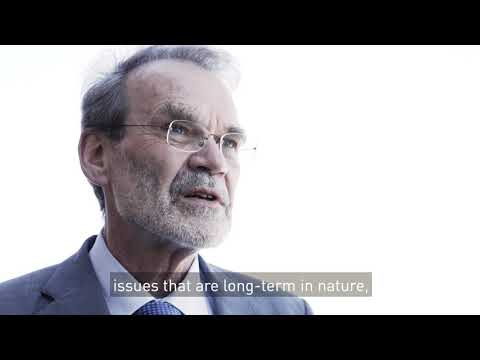Linking short-term conflict impact to long-term climate change - Interview with Johan Schaar
"We are here to try to understand the linkages and connections between climate change and the risk of violent conflict. I think what we understand is that the contexts that are most problematic are the contexts where there is already ongoing tension or a history of conflict and we are trying to understand the dynamics of how this happens and how climate change interacts with these contexts. I think what we are learning is that the problem is often fundamentally one of failed development or a problem of poor governance or no representation by local people.
The hypothesis is that climate change will lead to resource scarcity and that this resource scarcity will fuel competition, which will ultimately lead to conflict. And again, our understanding is that this is problematic already now in contexts that are conflictual. We know that the climate signal will be stronger and stronger. We cannot quite predict in any detail or in any concrete way how this is going to affect ourselves and these contexts that we are talking about. The challenge or the need for us is to understand how do we approach issues that are long-term in nature, that are difficult to predict, that are difficult to plan for? But still, we have to plan and prepare for them.
We have had a very interesting, very productive session around Lake Chad, where we have listened to people from the ground, from the context, who have, I think, given us a much better understanding of the many interacting factors that define and determine the situation as it is today. We cannot be simplistic about these things. We have to try to embrace the complexity of the problem.
For Sida, we are, as everybody else, at the early stages of this. We are trying to understand what do we need to do in terms of how we change our programming, how we become truly adaptive and flexible in our programme work so that we can make the changes that will be necessary in order to deal with what is coming."










